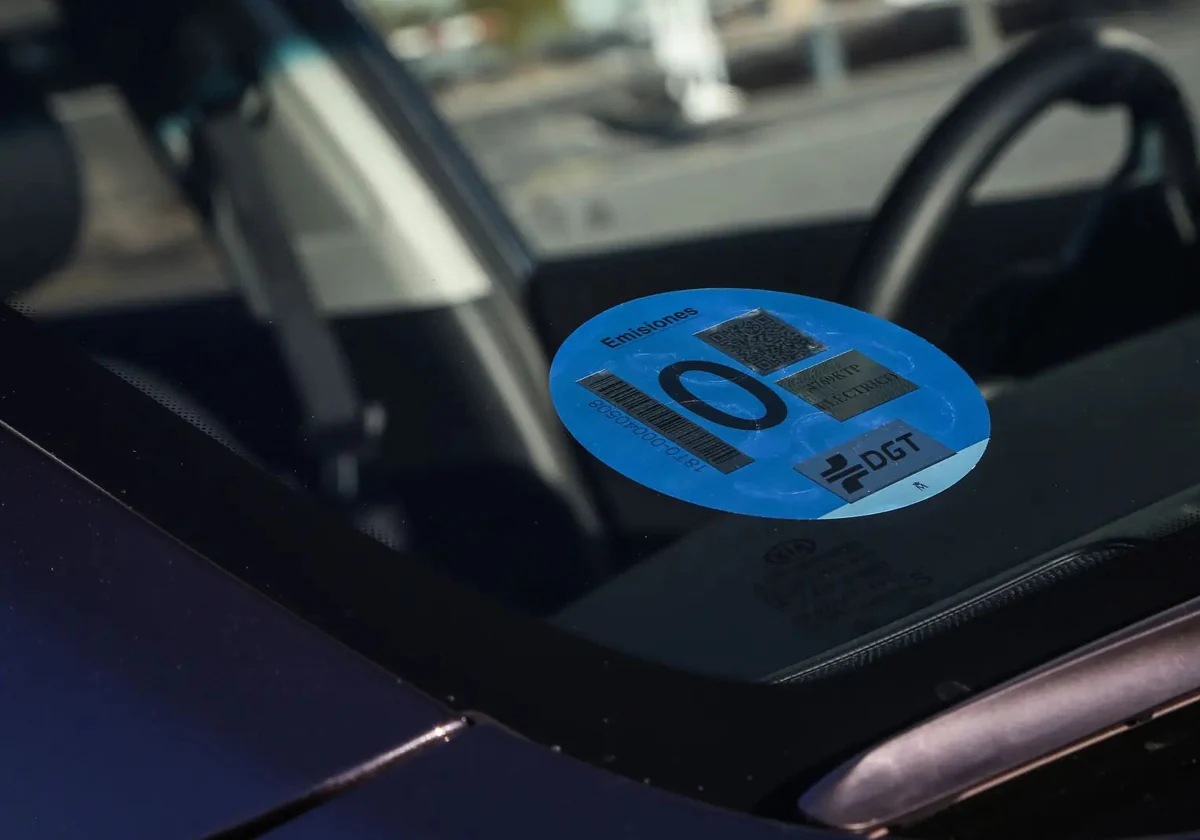
The government led by Italian Prime Minister Giorgia Meloni is pressuring the European Union (EU) to expedite a review originally slated for 2026. The review concerns the environmental agenda, including a move towards banning combustion car sales by 2035, which Italy is calling to be completed by 2025.
Italy and the Czech Republic are pushing for the EU bloc to recognize a wider range of solutions to mobility, beyond just battery electric and slowly-adopting hydrogen vehicles. This implies a reassessment of the potential prohibition on selling traditional combustion cars.
The automotive industry faces significant challenges, including issues related to production, employment, and global competition. A crucial point in the Italian draft statement provided to Bloomberg underlines the importance of the EU’s competitiveness, particularly in the automotive industry, as part of the common industrial policy.
Meanwhile, the European car industry fights to achieve their European climate goals amid stiff Chinese competition and declining demand for electric vehicles. Added to these challenges, the win of Donald Trump in the U.S. election creates fears of future tariffs, particularly impacting German manufacturers exporting more cars to the U.S. than any other country.
The European Commission, led by Ursula Von der Leyen, has committed to creating exceptions for cars running on efuels, synthesized using captured carbon dioxide and renewable electricity.
National governments are raising concerns against the EU’s stance. Recently, France expressed intent in forming a common front with several Member States to prevent sanctions against car manufacturers failing to meet carbon emission reduction targets by 2025.
The European regulation named ‘CAFE’ outlines a trajectory for CO2 emission reductions from cars sold in various community markets, leading to an implied ban on new combustion cars by 2035. From January 2025, Brussels will begin implementing this legislation, which in practical terms calls for a 15% emission reduction from pre-2020 levels. This necessitates selling one electric car for every four thermal cars.
In Eastern Europe, countries like Romania, home to Dacia of Renault Group with no battery electric car offerings, consider the European electrification roadmap too aggressive. Italy and Czech Republic may favor this resistance, too.
In Spain, Marta Blazquez, President of the Federation of Automotive Dealership Associations (Faconauto), called on the EU to bring forward to 2025 the review of greenhouse gas emission targets for industrial vehicles set primarily for 2027.
With the current speed of market electrification, lack of charging infrastructure and hydrogen stations, and slow technological development, Faconauto warns that the sector might struggle to meet set targets.


